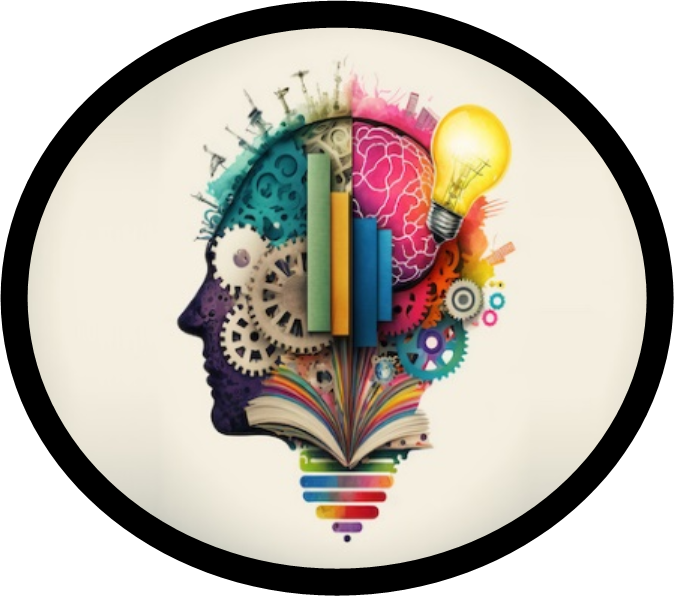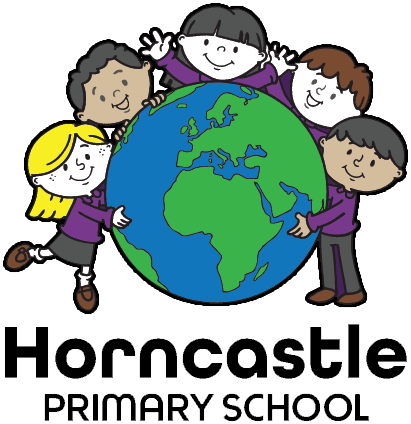Our curriculum responds to the needs and experiences of our children through challenging, inspiring and engaging them with what matters and most importantly, it aims to prepare children for the future, equipping them with life-long learning skills.
We have used local knowledge and reports to carefully consider what our children need to learn in relation to the context that they are growing up in. This is encapsulated in our three curriculum drivers:
Community
(our school, local and wider global communities and global dimensions – where do I fit in?)

Creative Thinking
(encouraging inquisitiveness, problem-solving, reasoning and enquiry based learning)

Confident & Resilient
(a focus on children’s self-esteem, well-being and developing a growth mindset)

Community:
Research tells us that there has never been a more important time for young people to understand what is going on in the world. With good knowledge about global issues, our pupils will realise the importance of taking good care of our planet. We want them to have the confidence to travel and explore as they grow older, which will open up new opportunities for their futures. As our school and community is predominantly white British, and located in a rural community, our children need to understand how Britain and other parts of the world are multi-cultural and why this should be celebrated. We aim to develop children’s understanding of national and international culture so that they are tolerant and respectful towards others.
Creative Thinking:
Creativity is the freest form of self-expression. There is nothing more satisfying and fulfilling for children than to be able to express themselves openly and without judgment. The ability to be creative, to create something from personal feelings and experiences, can reflect and nurture children’s emotional health. Right from the Early Years, our curriculum builds in regular opportunities for children to be inquisitive and solve problems; they are encouraged to share their reasoning with others. Children develop problem-solving skills at different rates; nevertheless, it is imperative that children learn to tackle problems with grit and creativity, especially as they learn to cope with setbacks or resolve conflict.
Confident and Resilient Learners:
Understanding more about themselves both emotionally will allow our pupils to reflect and continuously improve. They learn that it is OK to make mistakes, as long as we learn from them, and are confident in talking about their learning in front of others. We want our pupils to take responsibility for their actions, looking after themselves and others. They should have opportunities to develop their awareness of the possibilities for their future and have an idea of how to reach their goals.
Please click below to see our approach to learning at Horncastle.
Substantive versus Disciplinary
Substantive knowledge is content that is taught as fact. Disciplinary knowledge is understanding how knowledge is established, verified and revised. Our curriculum is designed to make sure our children are exposed to, and develop, both.
TLesson Expectations
Each subject has a specific set of expectations for each lesson or series of lessons. This ensures consistency of approach across our school and makes sure that key elements for each subject, such as vocabulary and appropriate skills are taught.

